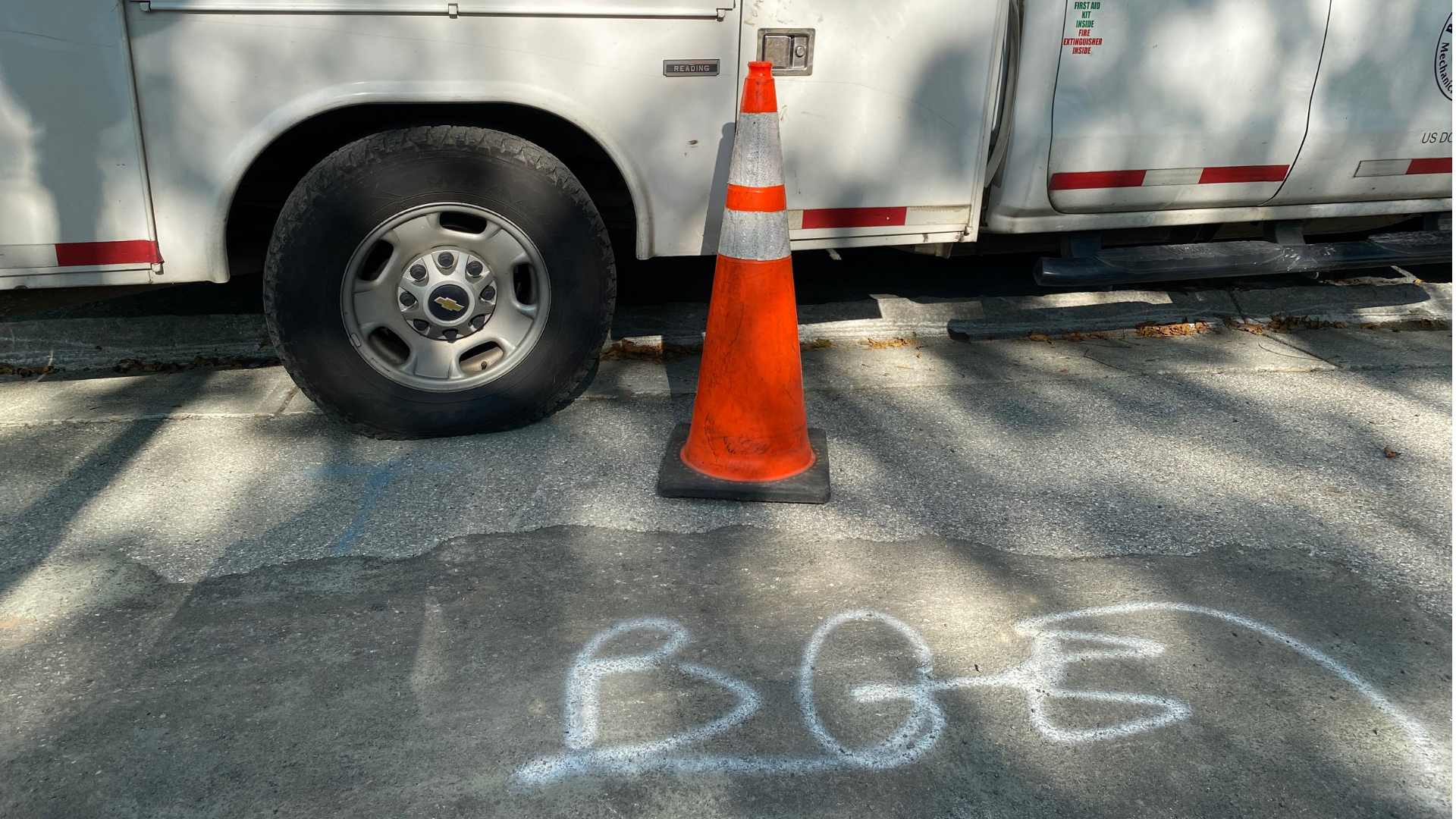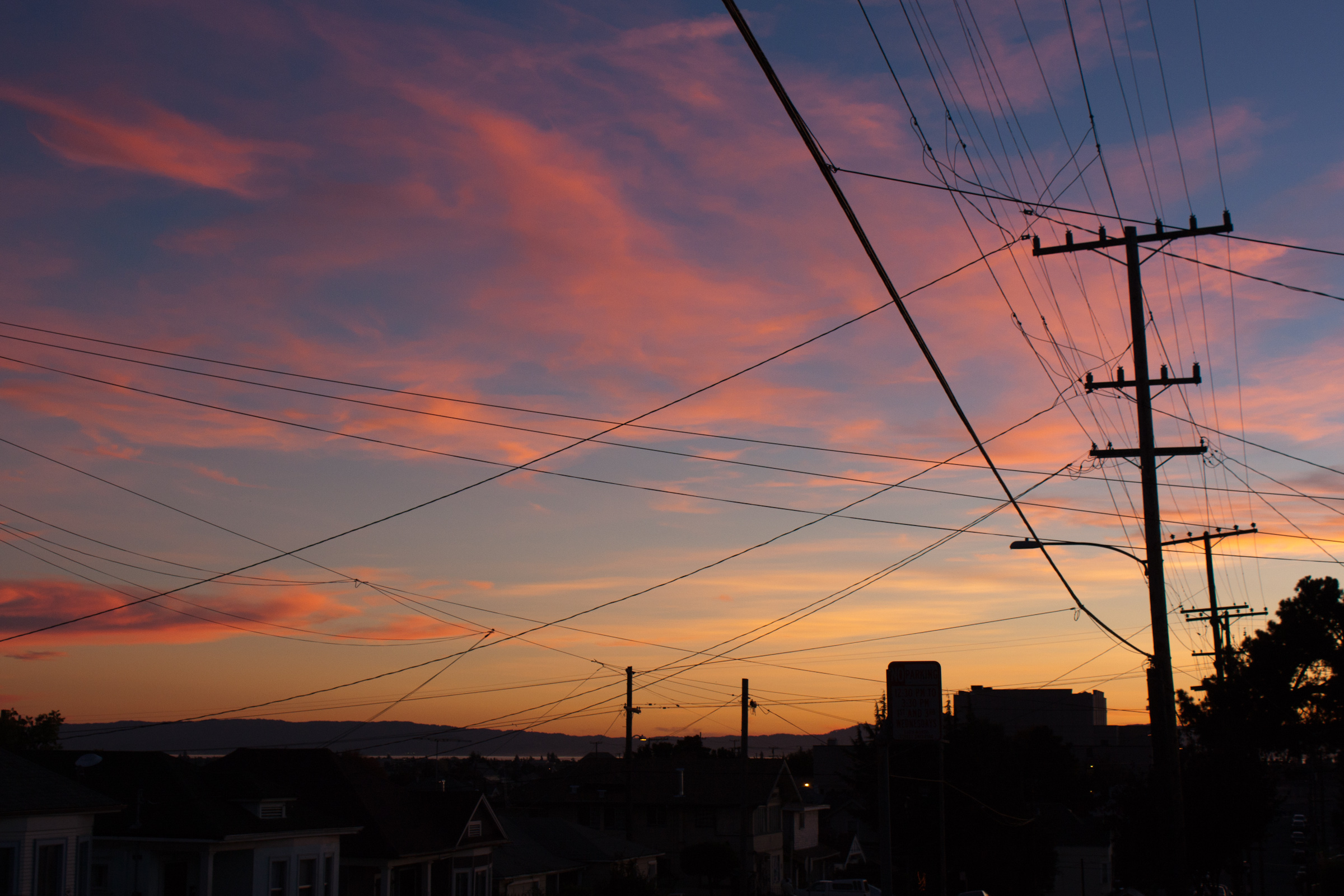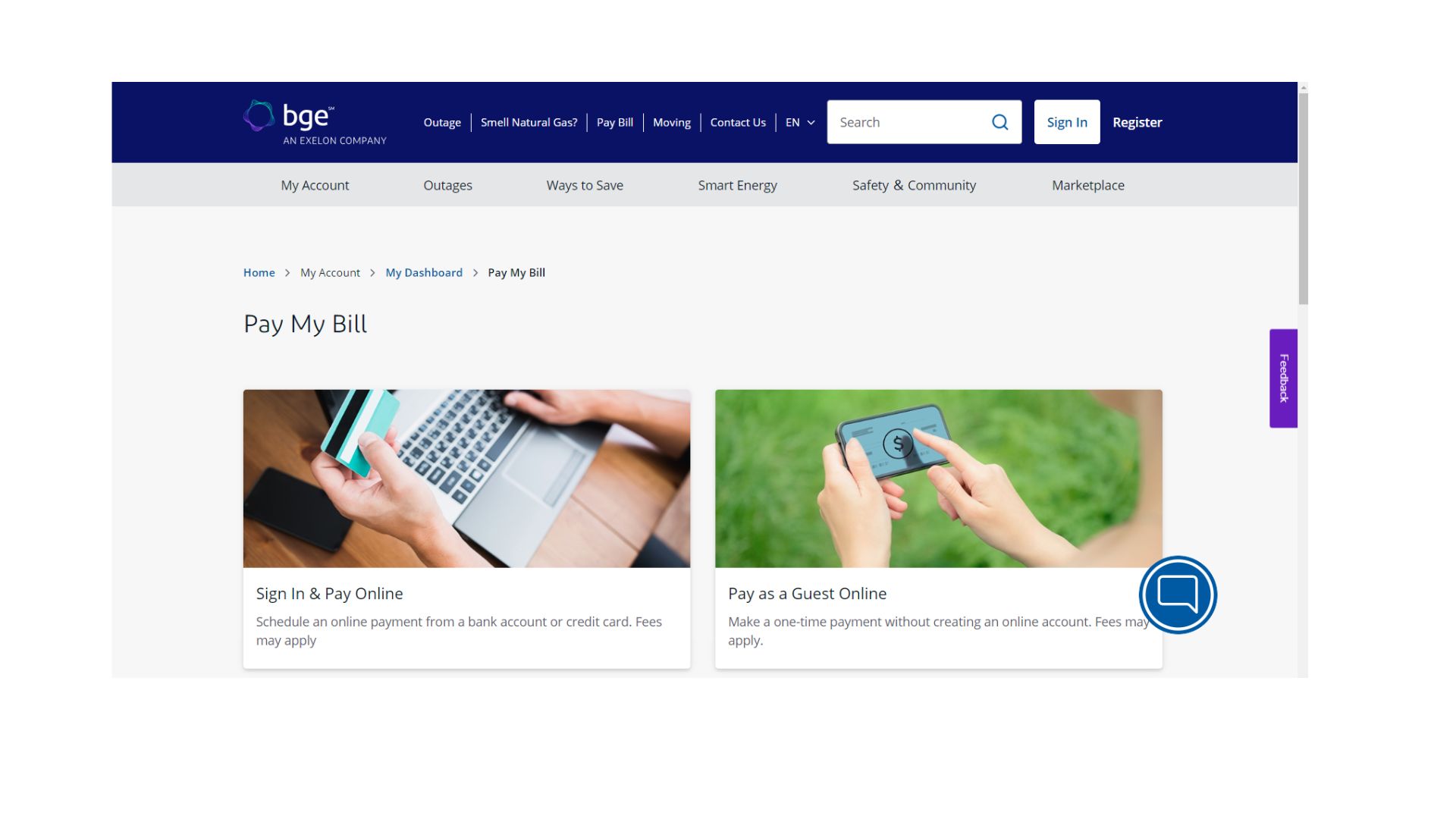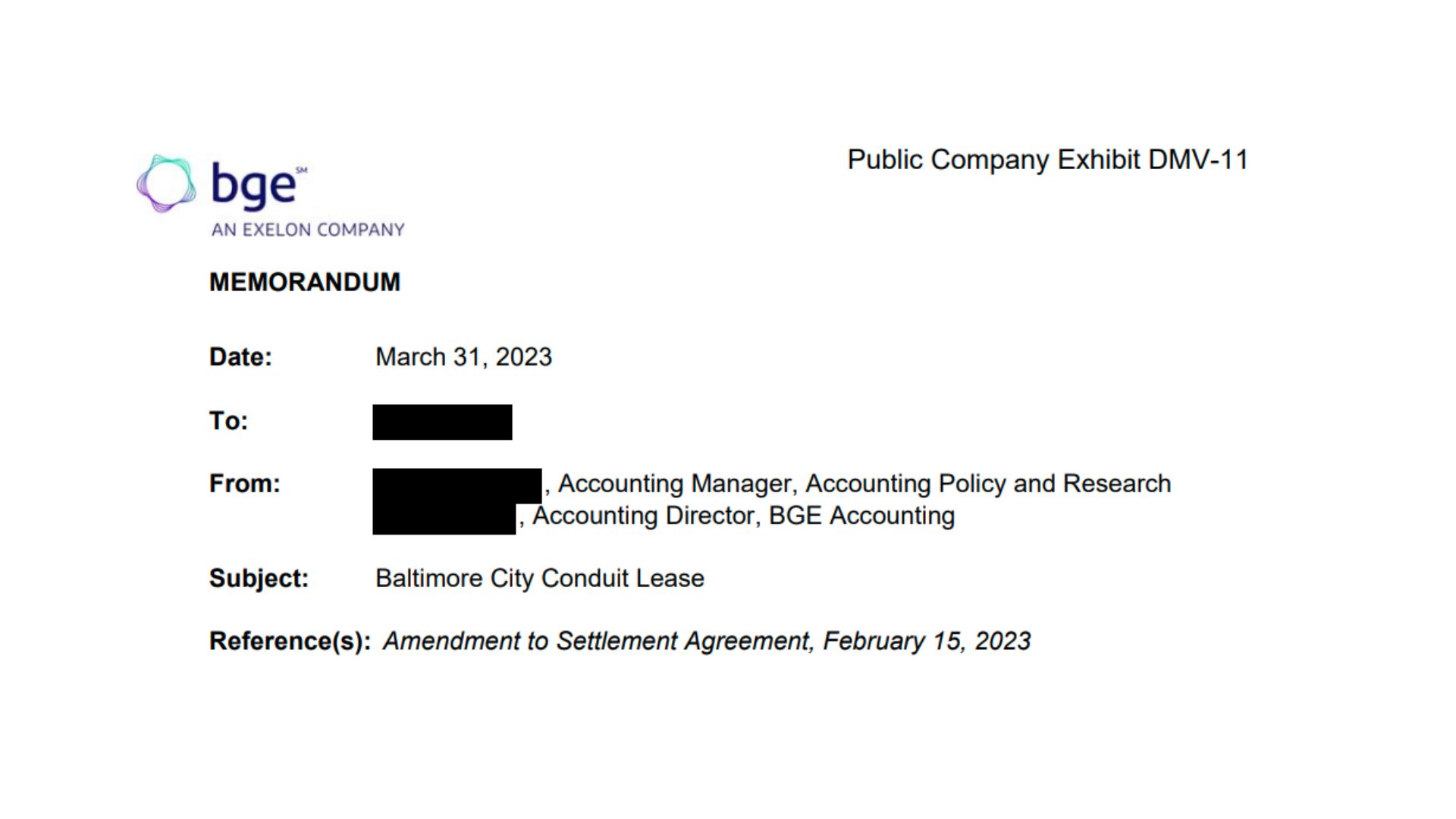
Part 2: BGE’s multi-year rate hike will make the transition to efficient electric homes slower and more expensive.
This is part two in our series on the many problems with BGE's multi-year rate hike.

We’re calling on the Maryland Public Service Commission to reject BGE’s plan in a three part series which starts with this intro.
We should be transitioning to clean energy
*** Update *** On August 9th, the Maryland Public Service Commission granted a motion from the Office of the People’s Counsel to strike the “Proposed Customer Electrification Plan” of the Baltimore Gas and Electric Company (“BGE”) from its pending multi-year rate case. ***
We have the technology to transition to homes powered by efficient electricity generated by 100% renewable resources. State and federal policies support the transition because it’s better for health and the planet.
Instead of helping Marylanders who want to switch to efficient electric home heating and appliances, BGE’s proposal would delay the transition to clean energy homes by locking customers into the gas system. Their so-called electrification program would mandate that gas customers who want to receive rebates to move to electric heat pumps maintain their gas lines which is unnecessary and expensive. It will lock in families to new fossil fuel technology that has a significant life span. It would be faster to instead transition directly to all-electric heat pumps that work in cold weather.
Adding insult to injury
In addition to keeping customers paying both gas and electric bills, BGE would make an excessive $121 million profit off of $279 million in spending on their so-called electrification program. [1]
Ultimately, BGE’s proposal will make the transition to efficient electric homes slower and more expensive.
The Public Service Commission is accepting public comment on the rest of the rate case through the end of September and holding public hearings before making a decision at the end of the year.
[1] Administrator Paul Pinsky, testimony on behalf of the Maryland Energy Administration to the Public Service Commission, June 20th, 2023, page 4.

Stop the BGE rate hike! Community learning and action session
IN-PERSON
1199SEIU, 611 North Eutaw Street, Baltimore, Maryland 21201

Part 3: BGE’s multi-year rate hike is bad for consumers
Topics
Authors
Emily Scarr
State Director, Maryland PIRG Foundation
Emily directs strategy, organizational development, research, communications and legislative advocacy for Maryland PIRG. Recently, Emily helped win small donor public financing in Montgomery and Howard counties, and the Maryland Keep Antibiotics Effective Act to protect public health by restricting the use of antibiotics on Maryland farms. Emily also serves on the Executive Committees of the Maryland Fair Elections Coalition and the Maryland Campaign to Keep Antibiotics Working, and the Steering Committees for the Maryland Pesticide Action Network and Marylanders for Open Government. Emily lives in Baltimore with her husband and dog.
Find Out More

Electric and gas utilities spend millions on political influence in Maryland

BGE’s Rate Hike – what does it mean?

BGE’s Conduit Memo – what does it mean?
